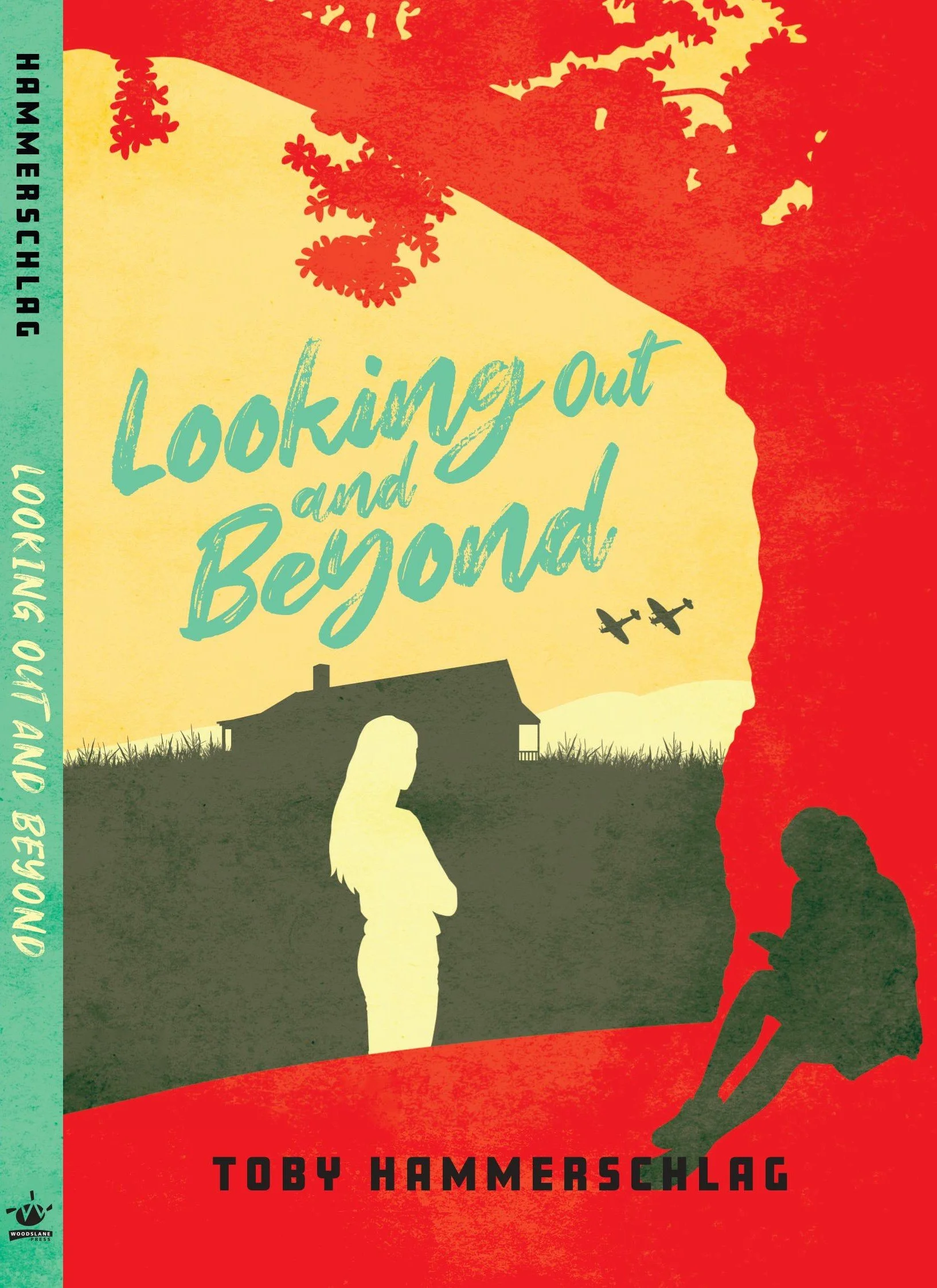The Rooftop
Four friends, four very different stories.
At an inner city school in Sydney Austalia, Emma, Maha, Simon and Talia, learn about themselves and each other through the unusual combination of Scripture class and netball.
As Mr. Zulman teaches them the biblical Exodus story, of the Israelite slaves’ quest for freedom, the students relate modern day stories of oppression interwoven with their own personal struggles.
· Simon’s parents are separated and warring with each other
· Talia’s dyslexia makes the classroom an everyday battle
· Maha’s family is facing deportation back to war-torn Iraq, and
· Emma, who has lived all her life in Sydney, begins for the first time to appreciate the value of freedom.
Outside of class, freedom takes on a new meaning for the four students when on the very day of the netball finals, Maha and her family face the very real prospect of deportation.
Click here for Teacher Notes
Looking out and beyond
The author’s compelling storytelling and descriptions transports the reader to a small, rural town in South Africa, in the 1950’s, during the dark days of Apartheid, with flashbacks to the battlefields in North Africa during the Second World War.
Two girls constantly encounter each other on the farm: Ada, is the only daughter of the farm owner, Jonah Courtnay and his war time bride Johelia. Nicky is a young girl of mixed descent, and daughter of the help on the farm. The harshness of those times, tests this relationship further, when the homestead is raided by the brutal, vengeful policeman, Koos.
At the centre of the novel is the Courtnay farm, where Jonah and Johelia live with their onlydaughter Ada and her resentful grandmother. The passive resistance of the people during the Defiance Campaign to the unjust laws of Apartheid threatens the harvesting of ripe apples waiting to be picked. The workers who usually walk five kilometres from the Black peoples’ township to the farm, don’t arrive for work. However, Nicky and her mother Rosie circumvent the barricades and join the loyal workers and friends of the Courtnays who gather to save the produce.
Family bonds are tested, friendships strengthened while others are fractured and even broken as Johelia and Jonah decide to build a school for the local Black children on their property. When Johelia forms a choir for the children, ethnic music, jazz, song and dance fill the farm and the hardships of their lives under racist laws are momentarily forgotten.
Interwoven in the plot are the secrets that Jonah keeps hidden within himself and his diary of his time serving during the Second World War. Ada is determined to unravel the story.
Jonah finds a friend and sympathetic listener in the Australian Dr Bainton who too served in North Africa. They lament the treatment of the unrecognised bravery of the Indigenous soldiers of South Africa and Australia. They share their war time experiences of blinding sandstorms, relentless bombardment and fierce fighting at famous battles including Tobruk.
The final secret, of Jonah’s last battle at El Alamein, which has impacted so greatly on the family since the war, is revealed as they sit around the kitchen table. By the light of the candle, on a dark night, Jonah reads from his diary until there is no more to be said.
Click here for Teacher Notes


